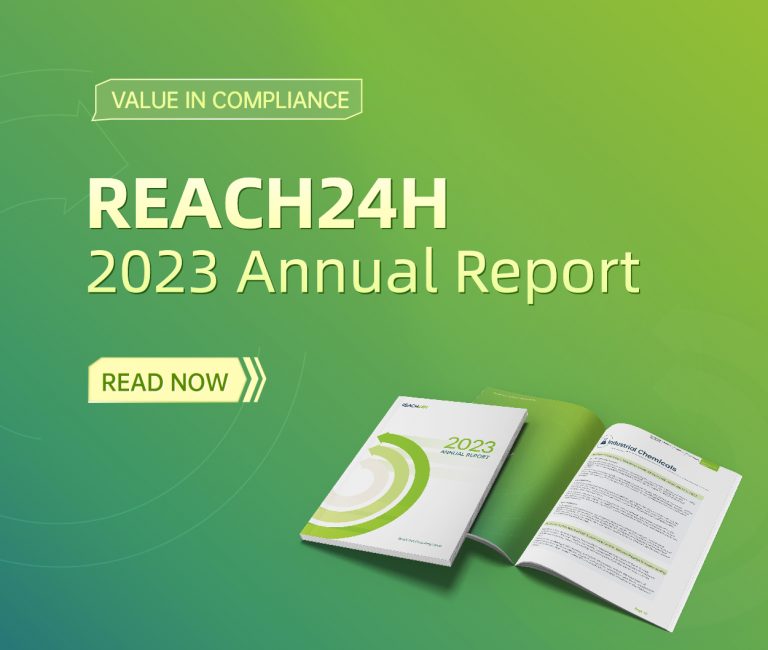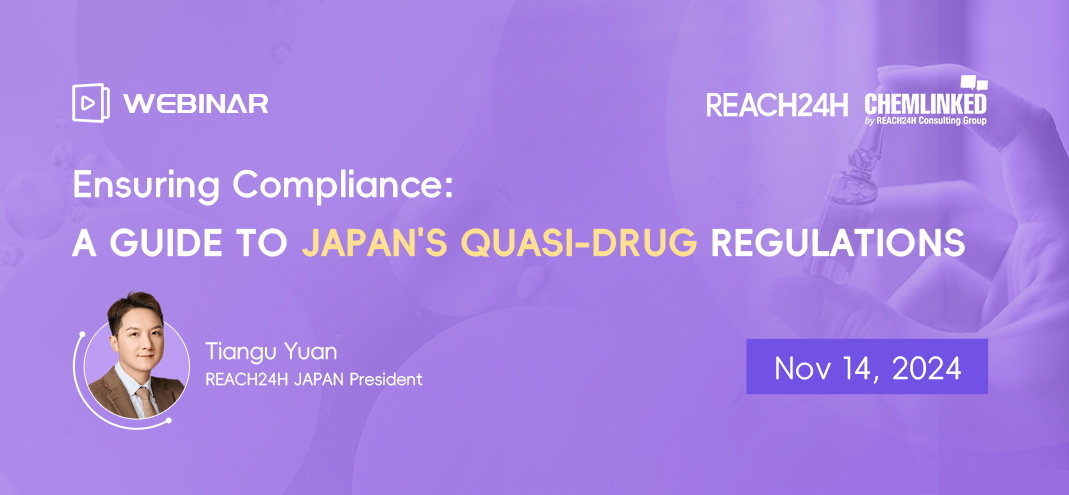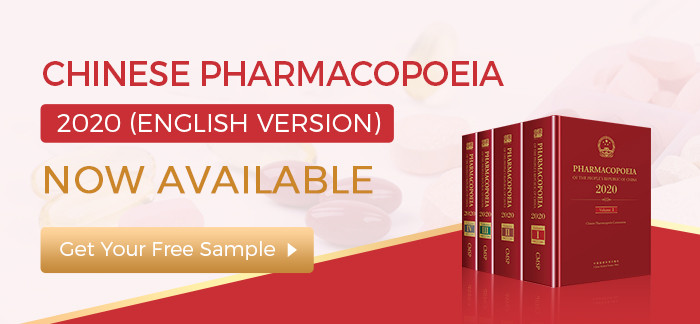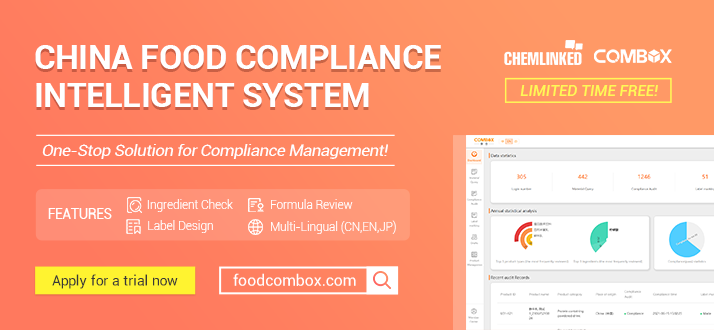Questions and Answers of Online Training of China & South Korea’s Disinfection Product Regulations
At the time when the COVID-19 epidemic is repeated, the market popularity of disinfectants is increasing. In China, due to the emergence of the cold chain epidemic, on the basis of the record of conventional disinfectants, the National Health Commission of China announced the green channel for low-temperature disinfection of cold-chain items, giving birth to the Chinese cold-chain disinfection market. In South Korea, the Korean Biocidal Products Regulation (K-BPR), which was just promulgated in 2019, has entered into its third year. The detailed rules in all aspects have become more complete, but the deadlines for the transitional period is also approaching.
In order to help enterprises better understand China and South Korea’s disinfection product regulations, REACH24H held a free online training and introduced the current regulatory status of the regulations on April 14, providing professional and effective solutions for enterprises.
After the meeting, the following issues were sorted out and shared with you:
- 【China Disinfectant Regulations】Why is it difficult to apply for new products? How many new products approved since 2014?
Three New Products are difficult to get approval for the following reasons: the evaluation system is not perfect (including the establishment of evaluation expert committee, evaluation standards, etc.); three new product information requirements are complex and cumbersome; 他the cost and timeline of three new product approval are uncertain. Since 2014, there has been no successful application of three new products.
- 【China Disinfectant Regulations】For imported disinfection products, whether the foreign research reports or test reports can be directly used for the health and safety evaluation of disinfection products in China?
Foreign research reports or test reports are not applicable to the health and safety evaluation of disinfection products in China. It is necessary to conduct corresponding experimental tests in qualified laboratories in China and issue qualified test reports that can be applied to the health and safety evaluation report of disinfection products.
- 【China Disinfectant Regulations】What information is public in the declaration of disinfection products, and can we apply for confidentiality?
After the application of disinfection products is successful, the product information and the information of the responsible unit will be disclosed, including the information of enterprise name, address, business license, domestic enterprise health license, product name, dosage form, specification, evaluation date, label, instruction book, and complete set of test report. If the formula information is not in the public scope, if the product formula involves confidential information, the enterprise can apply for confidentiality officially.
- 【China Disinfectant Regulations】Cosmetics contain antibacterial ingredients, whether this product should meet the regulatory requirements of cosmetics and disinfection products at the same time?
Hand sanitizers are special products in disinfection products and cosmetics. I will take it, for example, if hand sanitizers claim to have disinfection, antibacterial and bacteriostatic effects, then they belong to the scope of disinfection products; if hand sanitizers claim to have to remove bacteria effect, then they belong to ordinary daily chemical products; if hand sanitizers claim to have hand protection and cleaning effects, then they belong to the scope of cosmetics.
- 【China Disinfectant Regulations】What is a low temp disinfectant?
Low-temperature disinfectant refers to the disinfectant that can still be used at low temperatures. When they are used at low temperatures, it will not freeze and can still kill pathogenic microorganisms. It is mainly used in refrigerators, cold chain refrigerators and other low-temperature environments.
- 【China Disinfectant Regulations】How are disinfectant wipes regulated in China?
At present, disinfectant wipes do not belong to the scope of disinfection products under the jurisdiction of the Health Commission of China. Enterprises only need to ensure that the disinfection wipes meet the requirements of the corresponding standards, and do not need to file or approve.
- 【China Disinfectant Regulations】How to manage antibacterial products?
The antibacterial (bacteriostat) products in China’s disinfection products refer to the products used in human skin and mucous membrane to have antibacterial or bacteriostatic effects. Other products that have no indirect contact with the human body, such as antibacterial (bacteriostat) products used for object surface, fabric and air disinfection, are not within the scope of disinfection products under the jurisdiction of the Health Commission of China.
- 【China Disinfectant Regulations】Do submissions (application dossiers, test reports, Safety,Evaluation Report) need to be in the Chinese language?
Yes, the application materials need to be in the Chinese language.
- 【China Disinfectant Regulations】For efficacy testing, does China require a suspension test or carrier test?
It depends. For example, for general disinfectants, a suspension test is used. For disinfectant used on medical devices or viscous disinfectants, carrier test is used.
- 【K-BPR】When is the deadline for post pre-registration?Currently, the Korean government has not issued a deadline for post pre-registration.
- 【K-BPR】 Which laws and regulations should be referred to for hand disinfectant in South Korea?
Hand disinfectants in South Korea are managed under the Pharmaceutical Affairs Law. The competent authority is the Korean Drug Administration.
As each product has its own particularity, specific product analysis is still required when complying with Regulations. Reach24h will provide you with feasible compliance solutions so that the products can legally enter the Chinese market.




